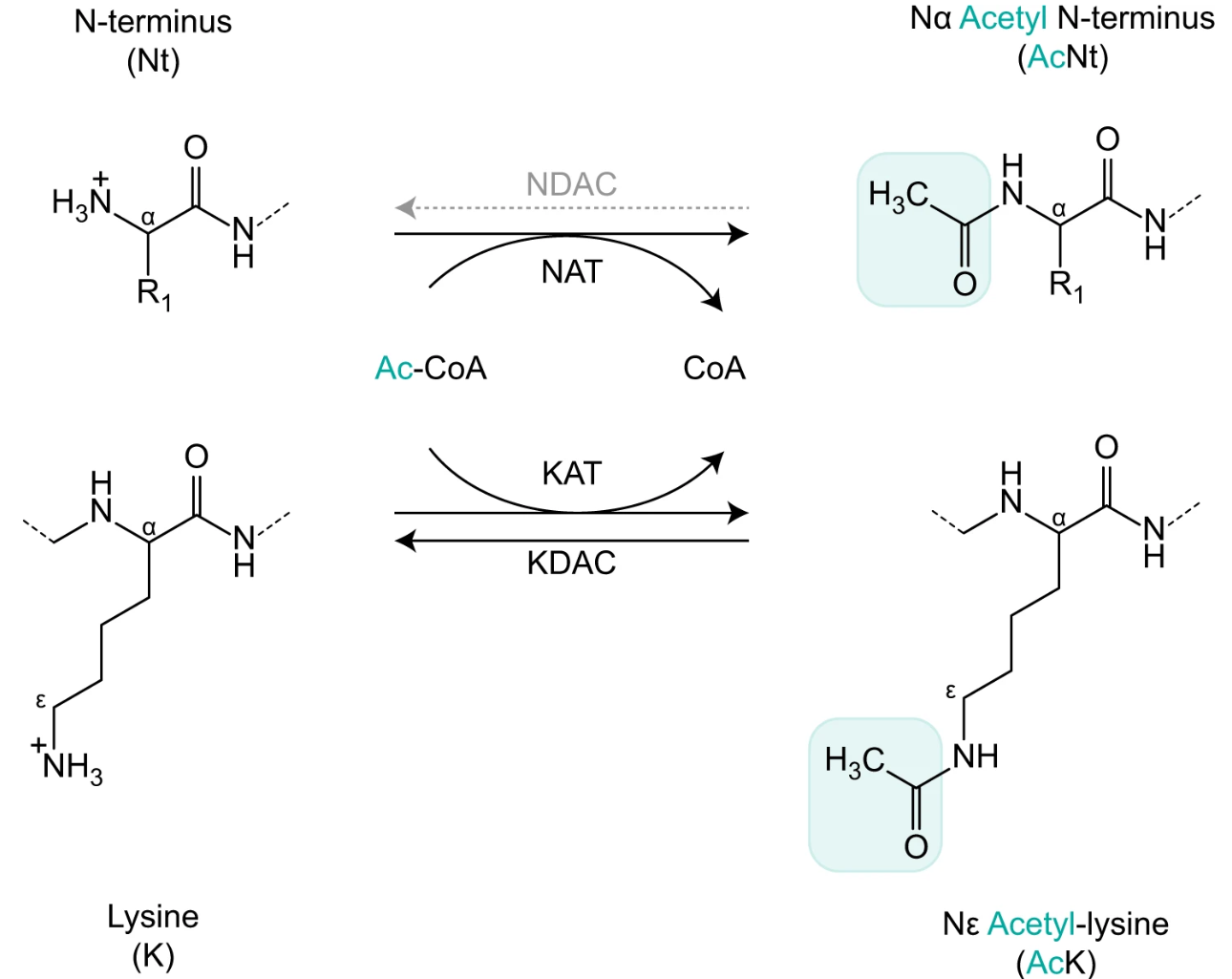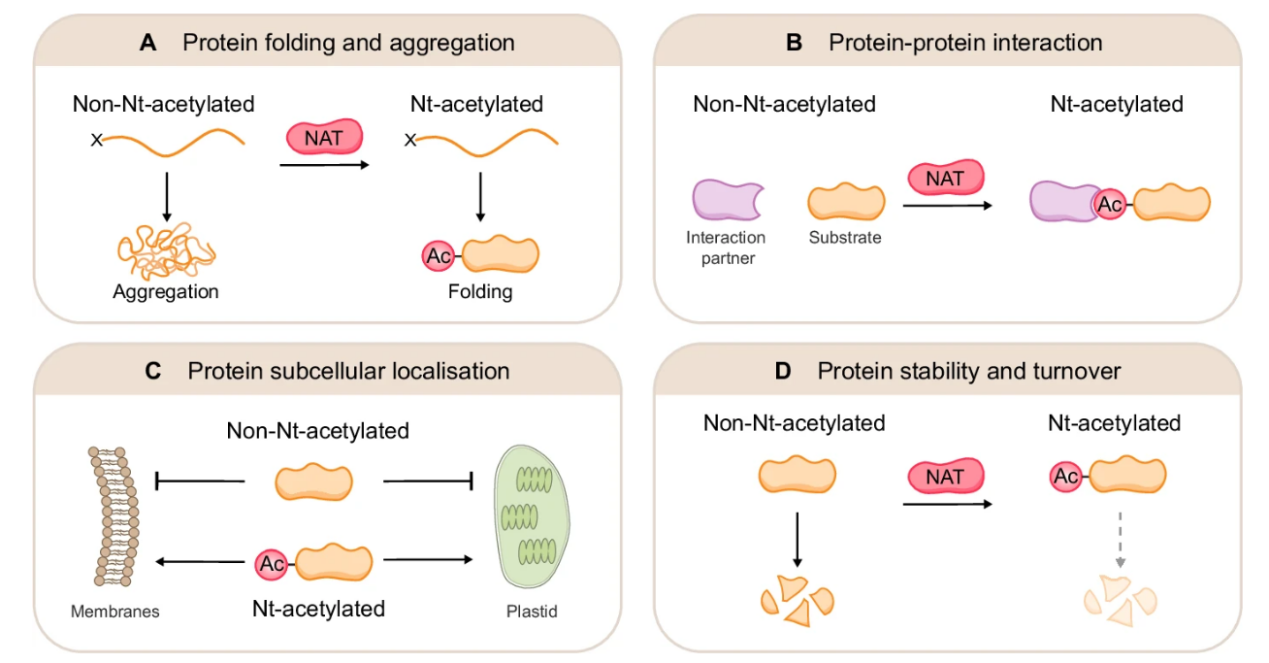N-acetylation Analysis Service
N-acetylation is one of the most abundant and biologically significant post-translational modifications, occurring across diverse organisms and regulating fundamental aspects of protein function. By adding an acetyl group to protein residues, this modification alters stability, activity, and interactions, thereby influencing processes such as metabolism, transcription, and signaling. MtoZ Biolabs provides a comprehensive N-acetylation Analysis Service that integrates optimized enrichment strategies, high-resolution mass spectrometry, and advanced bioinformatics interpretation. Depending on the research focus, we offer two analytical strategies to investigate N-acetylation at different biological levels:
1. Target Protein N-acetylation Analysis
This targeted analysis is designed for specific proteins of interest to determine the presence and position of N-acetylation sites. Using high-resolution LC-MS/MS combined with immunoaffinity enrichment or chemical labeling, MtoZ Biolabs enables precise identification and site mapping of acetylated residues.
2. N-acetylation Proteomics
For large-scale studies, MtoZ Biolabs offers global profiling of N-acetylated proteins across tissues, cell types, or clinical samples. Our proteomics workflow combines acetyl-lysine antibody enrichment, TMT-based quantification, and Orbitrap LC-MS/MS analysis to achieve comprehensive identification and quantification of acetylation sites. Integrated bioinformatics analysis further links the acetylation landscape to cellular pathways, transcriptional regulation, and disease-associated networks, revealing system-level functional insights.
What is N-acetylation?
N-acetylation occurs in two main forms: N-terminal acetylation and lysine acetylation.
💠N-terminal Acetylation
One of the most common irreversible modifications in eukaryotes, this form occurs co-translationally and is catalyzed by N-terminal acetyltransferases (NATs). It regulates protein half-life, localization, and interactions.
💠Lysine Acetylation
A reversible and dynamically regulated modification, lysine acetylation is controlled by acetyltransferases (writers) and deacetylases (erasers). It plays a central role in chromatin remodeling, transcriptional activation, and metabolic regulation.

Ree, R. et al. Exp Mol Med. 2018.
Figure 1. Schematic Outline of N-terminal and Lysine Protein Acetylation
N-acetylation plays a central role in shaping protein behavior and cellular function. It can regulate the half-life of proteins by controlling their stability, alter their structural conformation to affect activity, and determine subcellular localization through changes in interaction with membranes or other proteins. For transcription factors and chromatin-associated proteins, acetylation often functions as a molecular switch that modulates DNA accessibility and gene expression. Beyond histones, lysine acetylation also influences metabolic enzymes, cytoskeletal proteins, and signaling mediators, underscoring its broad impact on both nuclear and cytoplasmic processes.

McTiernan, N. et al. Nat Commun. 2025.
Figure 2. N-terminal Acetylation and Its Impact on Protein Fate
Dysregulated acetylation has been linked to cancer progression, metabolic syndromes, cardiovascular diseases, and neurodegenerative disorders, making it an attractive target for therapeutic intervention. With advancements in proteomics technologies, N-acetylation analysis provides a powerful means to connect protein regulation with cellular physiology and disease mechanisms.
Analysis Workflow

Sample Submission Suggestions
1. Sample Types
Cell cultures, tissues, purified proteins, and clinical biofluids.
2. Preparation Suggestions
Samples should be snap-frozen and stored at –80°C to preserve modifications. Avoid detergents and high salt concentrations that interfere with MS.
3. Transport
Ship samples on dry ice to maintain integrity.
4. Consultation
Pre-submission consultation is recommended to optimize preparation protocols.
Service Advantages
✅ Advanced Analytical Platforms: State-of-the-art N-acetylation analysis systems ensure high sensitivity and accuracy in detecting acetylation events.
✅ Experienced Scientific Team: Our team of proteomics and bioinformatics experts provides professional guidance from experimental design to data interpretation.
✅ Rapid Turnaround: Streamlined workflows and strict quality control enable efficient project completion without compromising data quality.
✅ Customizable Solutions: Flexible service options allow tailoring of workflows for global profiling, targeted validation, or functional exploration to meet specific research needs.
FAQ
Q1: Can this service distinguish between N-terminal acetylation and lysine acetylation?
Yes. Our workflow incorporates optimized enrichment methods and high-resolution LC-MS/MS analysis that allow us to differentiate N-terminal acetylation from lysine acetylation. By combining site-specific mapping with tailored bioinformatics pipelines, we can clearly assign the acetylation event to the correct residue type, ensuring accurate functional interpretation.
Deliverables
1. Comprehensive Experimental Details
2. Materials, Instruments, and Methods
3. Total Ion Chromatogram & Quality Control Assessment
4. Data Analysis, Preprocessing, and Estimation
5. Bioinformatics Analysis
6. Raw Data Files
Our N-acetylation Analysis Service provides researchers with robust data and meaningful interpretation, facilitating discoveries in molecular biology, disease mechanisms, and therapeutic innovation. Contact us to explore tailored solutions for your research.








